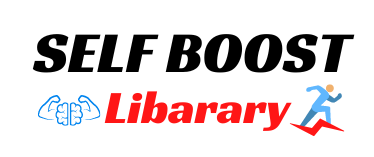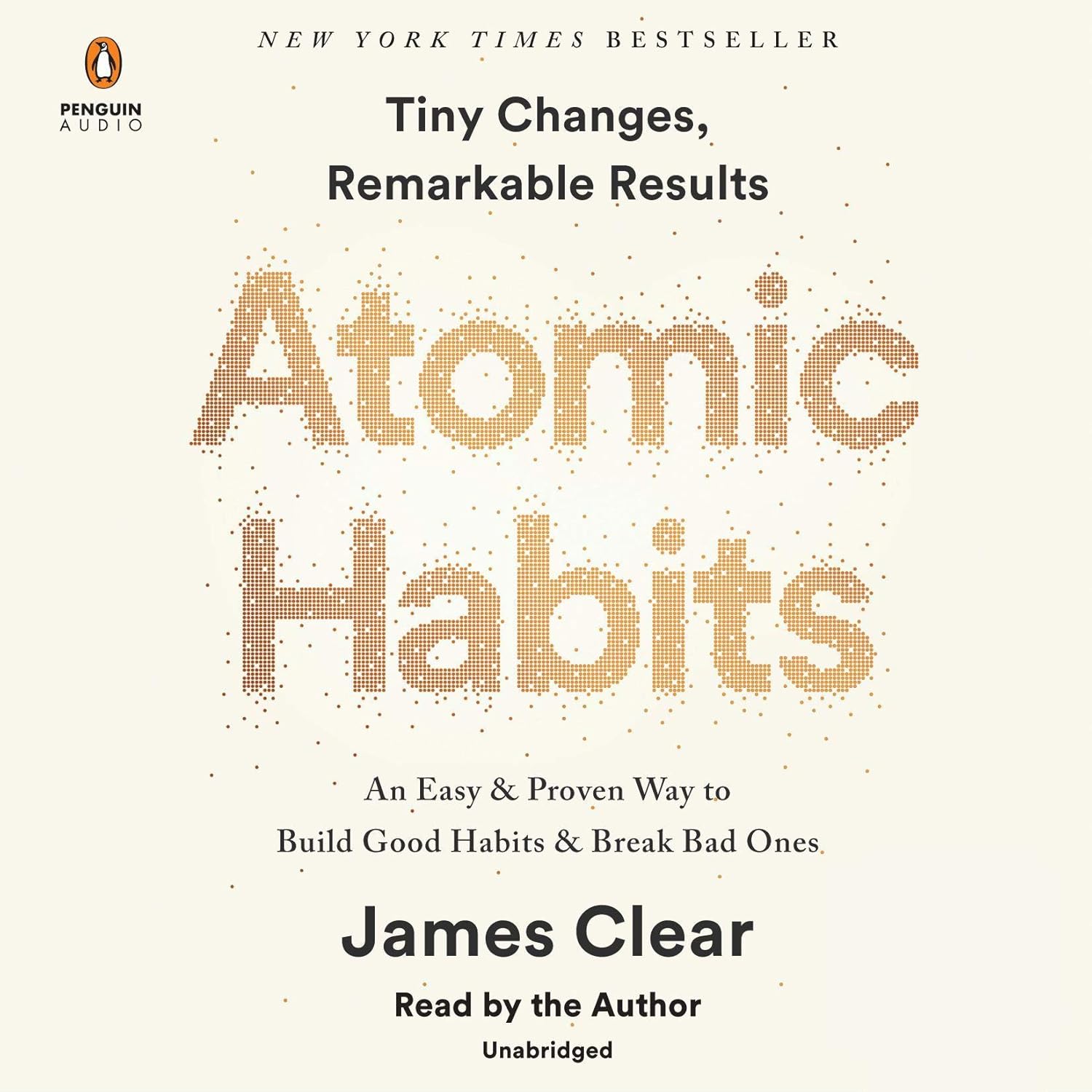Productivity basically forms the foundation of success, either personal or professional. But with all that said, productivity actually means working smart and not just working hard; it’s about developing habits consistently that help one work to full capacity. Here are some daily habits for transforming your routine to achieve more in less time while reducing stress and showing balance in life. Be it for the career advancement of the professional inside you or for personal growth, having productive daily habits will bring you closer to reaching your aims.
In this article, we go through a number of habits that can considerably improve your productivity. From choosing important tasks and keeping oneself mentally and physically fit, these actionable tips will get the best out of each day while suggesting some great books to further reinforce these practices.
Habits for a More Productive Life

1. Prioritize with the Eisenhower Matrix
Arguably, one of the best ways you can continue being productive is by mastering the art of prioritization. The Eisenhower Matrix is a tool that guides you on how to differentiate between what is urgent and what is important. You segment your tasks into four quadrants:
- Urgent and Important: Things that need your immediate attention.
- Not Urgent but Important: Things that are crucial in terms of long-term success.
- Urgent but Not Important: Activities that can be delegated.
- Not Urgent and Not Important: Activities that can be eliminated or delayed.
By categorizing your to-do list using this matrix, you are focused on what truly matters, which is wisely using your time. Each day, choose three top priorities and commit yourself to dealing with them before any other thing. This reduces feelings of overwhelm; further, it keeps you constantly working on the most meaningful tasks.
Book Recommendation: “Essentialism: The Disciplined Pursuit of Less” by Greg McKeown is a fine read to learn how to direct your attention towards what is truly important.
“Essentialism holds the keys to solving one of the great puzzles of life: How can we do less but accomplish more?”—Adam Grant, bestselling author of Think Again.
Essentialism isn’t about getting more done in less time. It’s about getting only the right things done.
2. Apply the 2-Minute Rule
It is among those quite simple but brilliant productivity hacks that help not get into the hole of procrastination. The rule is basic: if a job can be done in two minutes or less, do it right away. This helps avoid having small tasks build up and become unmanageable.
Taking immediate action on these petty activities means you are striking off your to-do list and also building momentum in doing big projects. Whatever it may be-be it a quick response to an email, filing of a document, or doing some small task-this rule ensures that things are organized and keeps your brain less cluttered.
That helps a lot, especially on busy days when one has little time and yet needs to focus well. Though this may seem insignificant, these minor actions build up and make your day more productive over time.
Suggested Reading: “Atomic Habits” by James Clear sheds light on how small activities-like the 2-Minute Rule-can bring unbelievable success in the long run.
Learn how to:
- Make time for new habits (even when life gets crazy)
- Overcome a lack of motivation and willpower
- Design your environment to make success easier
- Get back on track when you fall off course
- And much more
Atomic Habits will reshape the way you think about progress and success, and give you the tools and strategies you need to transform your habits - whether you are a team looking to win a championship, an organization hoping to redefine an industry, or simply an individual who wishes to quit smoking, lose weight, reduce stress, or achieve any other goal.
3. Practice Time Blocking
Among the most efficient time management strategies are time blocking, characterized by increased focus and avoidance of multitasking. This involves setting fixed blocks of time for activities to be carried out throughout the day. You do not multitask but set fixedly scheduled blocks of time within which you work on a single task, ensuring undivided attention with minimal distractions.
You may block off two hours in the morning to do deep work, followed by an hour for meetings and another block in the afternoon for emails and administrative tasks. This will help you to be on structured routines, procrastinate less, and become more mindful about time management.

You can even schedule personal activities for exercise, reading, or just relaxation to create a balance in your work and personal life. The beauty of the habit lies in the fact that now, a calendar turns into productivity under your complete control, as the day unfolds.
Book Recommendation: “Deep Work” by Cal Newport explains the concept of time blocking really well and shares ways of developing focused, high-value work habits.
In Deep Work, author and professor Cal Newport flips the narrative on impact in a connected age. Instead of arguing distraction is bad, he instead celebrates the power of its opposite. Dividing this book into two parts, he first makes the case that in almost any profession, cultivating a deep work ethic will produce massive benefits. He then presents a rigorous training regimen, presented as a series of four "rules," for transforming your mind and habits to support this skill.
1. Work Deeply 2. Embrace Boredom
3. Quit Social Media 4. Drain the Shallows
4. Start Your Day with a Morning Routine
A great day is always found to begin with a profound morning routine. By setting a good tone for the day, you help your mindset, energy, and focus improve without directly plunging into work or even scanning through emails. Create a routine in the morning that takes care of your well-being and readies you for what is ahead.
Some of the things you may want to put into your morning routine include:
- Mindfulness or Meditation: clear your mind, set your intention in 5-10 minutes.
- Physical Activity: Do some quick workouts or stretching to get going and feel energized for the rest of the day.
- Wholesome Breakfast: Give your body nutritious food that would keep you going throughout the day with greater ease.
- Journaling: Take a few minutes to reflect on what you want to achieve and create an intention for the day.
By creating a consistent morning routine that includes activities in tune with personal and professional goals, you will start your day with clarity and purpose. This habit is going to help lower stress levels, improve mental clarity, and generally boost productivity.
Suggested reading: “The Miracle Morning” by Hal Elrod shows how to create the best morning routine so that you can feel your best throughout the day.
Getting everything you want out of life isn’t about doing more. It’s about becoming more. Hal Elrod and The Miracle Morning have helped millions of people become the person they need to be to create the life they’ve always wanted. Now, it’s your turn.
Hal’s revolutionary S.A.V.E.R.S. method is a simple, effective step-by-step process to transform your life in as little as six minutes per day:
- Silence
- AffirmationsVisualization
- Exercise
- Reading
- Scribing
5. Employ Breaks and the Pomodoro Technique
Contrary to popular belief, working non-stop does not always yield higher productivity. Regular breaks are important in order to maintain your mental clarity, reduce your fatigue, and increase your efficiency in the long run. The Pomodoro Technique is a time-management methodology urging short sprints of focused work predetermined by brief breaks.
Here’s how that works:
- Select a task you would like to work on.
- Set the timer for 25 minutes and work on the task with no interruptions.
- At the end, take a 5-minute break.
- After four Pomodoros, take a longer break-up to 15-30 minutes.
This technique prevents burnout and helps one maintain concentration throughout the day. It is an easy way to keep mental fatigue at bay and guarantee that the work you produce is quality time after time.
Suggested Reading: “The Pomodoro Technique” by Francesco Cirillo, an authoritative book on how to master this very popular productivity method.
6. Adequate rest and exercise
Physical well-being has immense bearing on productivity. No matter how efficient your work habits may be, it’s not sustainable if you’re neglecting health. Sleep at least 7 to 8 hours every night to keep your body and mind functioning optimally.
Similarly, regular exercise has been shown to improve focus, mood, and energy levels, all of which are crucial in staying productive. Be it jogging for 30 minutes, yoga, or weightlifting, find some activity that appeals to your lifestyle and make it a part of your daily routine.
Productivity is not just about working harder; it’s about keeping your body and mind in the best possible shape to perform at the top of your game.
Book Recommendation: “Why We Sleep” by Matthew Walker gives an account of how important sleep is in general health and productivity.
The first sleep book by a leading scientific expert - Professor Matthew Walker, director of UC Berkeley's Sleep and Neuroimaging Lab - reveals his groundbreaking exploration of sleep, explaining how we can harness its transformative power to change our lives for the better.
Conclusion
It’s not about the radical changes that one makes toward a more productive life but rather in the small and consistent habits that build up, help with time management, staying focused, and taking care of oneself. From prioritizing tasks with the Eisenhower Matrix to the Pomodoro Technique and establishing a morning routine, these daily habits can make dramatic boosts in your productivity over time.
Productivity is a journey, not a destination. Embed these habits into your life and take the time to continually reinvent your approach. You’ll get more done in less time with less stress. Now, start today, and watch your productivity soar.












